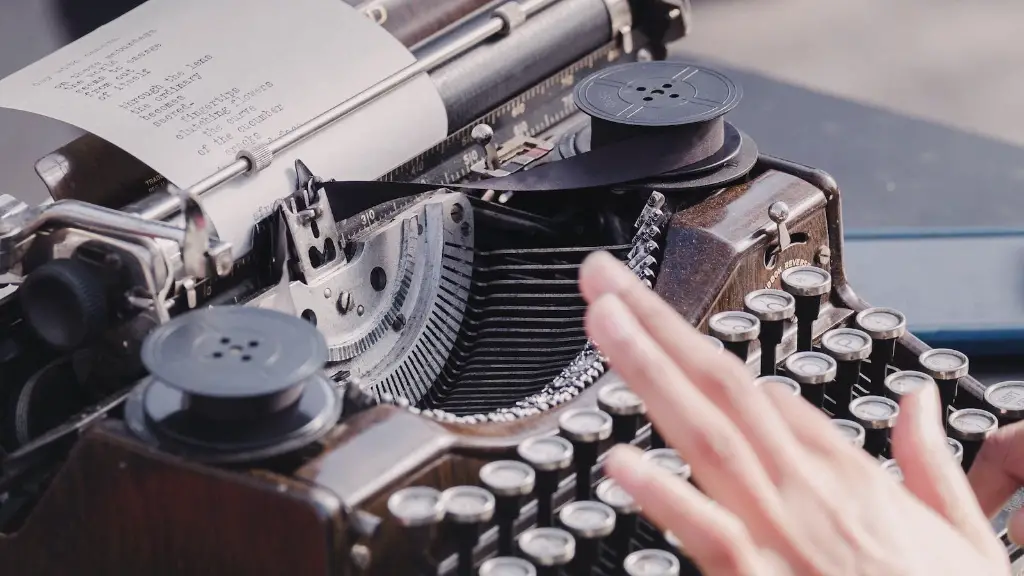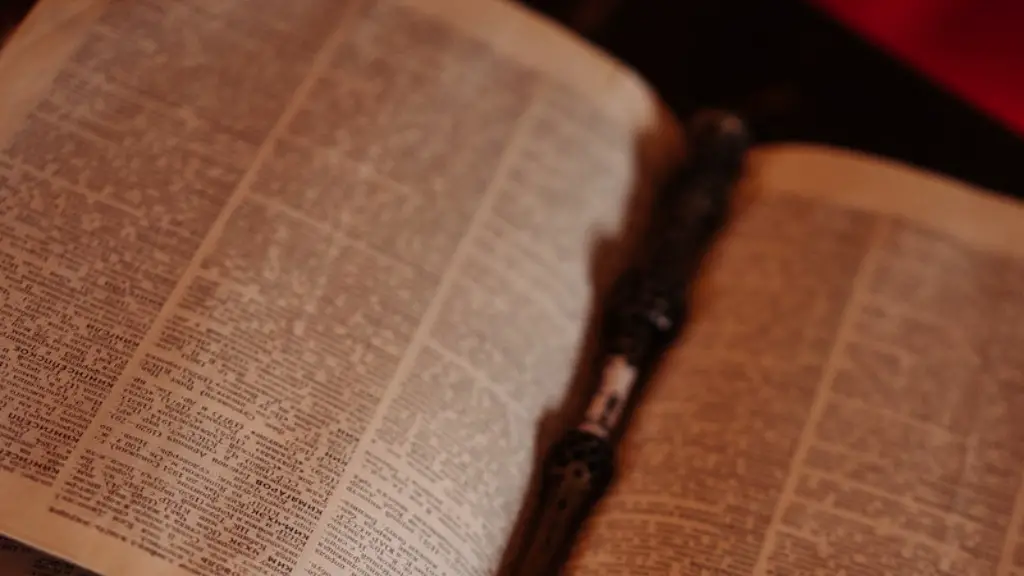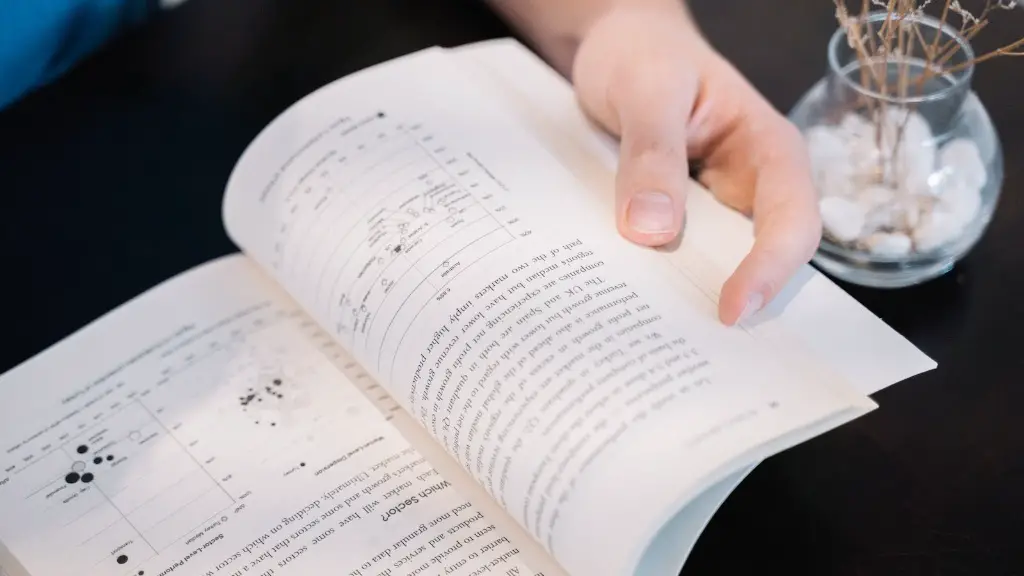History and Definition
Hip hop poetry is the art of expressing oneself through the spoken or written word. It is an integral part of the burgeoning hip hop culture which has become an international phenomenon. As a form of self-expression and storytelling, hip hop poetry is often political and socially conscious as it reflects the experiences and struggles of its practitioners. It also seeks to inspire people by its celebration of language and rhythm.
Hip hop poetry dates back to the late 1970s in the Bronx, when MCs (Master of Ceremony) began to rap over beats created by DJs. While rap music focuses on flow, delivery and rhyme patterns, hip hop poetry is more concerned with the narrative and message conveyed in the lyrics. Rappers often employ poetic devices such as metaphor, alliteration, assonance and rhyme to convey their stories and meaning. As the art form developed, poets began to differentiate themselves from rappers by abandoning the traditional 16 bars used in hip hop songs and opting for free verse.
Styles and Performance
Hip hop poetry is primarily written rather than performed like rap music, although some poets choose to perform their work. Different styles of hip hop poetry have developed from the traditional rap form over the years. There is traditional rhymes, which follow the rhythms and rhymes of its ancestor. Street poetry seeks to tell a story about the harsh realities of urban life, often with a sociopolitical message. Radical poetry is more explicit and confrontational. There is also what is known as “dynamic poetry”, which employs more complex metaphor and a combination of traditional and modern forms.
Regardless of style, the majority of hip hop poets are grounded in the spoken word tradition and rely heavily on expressiveness and emotion to bring out the message in their work. They rely not only on the words themselves but on the performance and delivery of the poem. This makes live performances a powerful medium for hip hop poetry, as the poets can use their voice, body and spirit to convey their message to their audience.
Controversy and Popularity
Hip hop poetry has often been the subject of controversy. This is because of its often-explicit language, which some people find offensive. Critics have long questioned the validity of hip hop poetry as an art form and questioned its authenticity. The answer lies in its power to appeal to youth culture, an otherwise un-engaged segment of the population.
Despite its detractors, hip hop poetry has gained immense popularity in recent years with the rise of slam poetry, or spoken word poetry. This poetry competition is the result of a number of successful hip hop poetry events and competitions, and it has become a popular form of entertainment. Slam poetry contests provide a forum for artistic expression and competition, while allowing artists to showcase their work. In addition, they give the general public access to a range of hip hop poets and their work, particularly those who are lesser-known.
Gender and Race in Hip Hop Poetry
Hip hop poetry has had a significant impact on culture and language and it has been a powerful tool for social change. It has provided a platform for marginalised communities to share their stories and struggles, as well as their successes. But as with any other form of art, there has been an imbalance in its representation. Male artists have largely dominated the genre, while female artists have largely been relegated to the background. Similarly, the majority of popular hip hop poets are people of color.
However, some hip hop poetic communities are taking steps to include female and minority voices. These new generations of poets invite people from all backgrounds to engage, creating a more diverse and inclusive platform for expression. Organizations such as the Universal Zulu Nation, which was created by Kool Herc founding father, are also helping to increase the visibility and participation of minority artists in the scene.
Influence and Legacy
The influence of hip hop poetry has been far-reaching and its impact on society is undeniable. It has given a voice to the world, allowing people to express themselves creatively and to engage in meaningful dialogue. It has also become a powerful tool for social justice and the advancement of civil rights. Its influence has spread far beyond the hip hop culture, inspiring generations of poets and spoken word artists.
As hip hop continues to evolve, so does hip hop poetry. It has become a popular form of expression for both its audience and its practitioners, and its influence continues to shape our culture and language.
Literary Contributions
Hip hop poetry is an incredibly diverse art form, ranging from traditional forms such as rap to more experimental types based on spoken word. Though rap and spoken word might seem like two distinct forms of poetry, they often complement one another. This blending of disparate styles is where hip hop poetry truly shines, as it combines different forms of speech and verse to create something entirely new.
Hip hop poetry has made innumerable contributions to literature in its ways of conveying meaning and emotion. In taking the traditional forms of poetry, hip hop poets have been able to both reclaim lost forms and explore new ones. Without a doubt, hip hop poetry has broadened the lexicon of modern literature and provided a fresh perspective on the classic rules of poetry.
Art and Activism
At its core, hip hop poetry is a form of expression that is both art and activism. Poets explore topics of personal and societal relevance, shedding light on the issues of our times. Through the lens of their own experiences, they create pieces of work that convey powerful messages of struggle, resilience and liberation. This type of expression has been influential in countless social movements, including the Black Lives Matter movement, LGBT rights and immigration reform.
Hip hop poets have become highly respected voices in our society, as they have been on the forefront of many of the social and political issues of our time. Their ability to articulate the experiences of their communities allows for a greater understanding of the struggles faced by minority and marginalized groups.
The Future Of Hip Hop Poetry
In today’s digital world, hip hop poetry is becoming increasingly accessible, as more and more poets are taking to the internet to share their work. In addition to digital engagement, many poets also participate in various hip hop workshops and events to further develop their craft and increase their visibility as artists. Major hip hop labels are also recognizing the potential of hip hop poetry, signing many popular poets to their rosters in recent years.
The future of hip hop poetry looks bright, as more and more people are drawn to its power and its potential. While rap and hip hop has been a powerful tool of expression since its beginnings, hip hop poets are now taking it to new heights with their creativity and talent. Hip hop poetry is a powerful form of self expression and it is sure to maintain its place in our culture for years to come.


